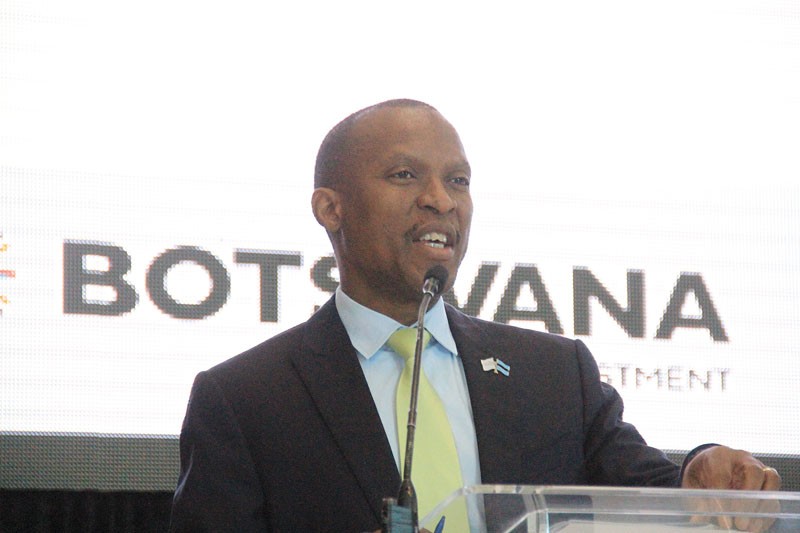Anti-Competition Hamper Economic Growth
Onalenna Kelebeile | Monday March 26, 2018 14:03


Acting Minister of Investment Trade and Industry, Biggie Butale told the national competition conference last week that this takes place despite government’s efforts to create massive opportunities for growth. He added that since the establishment of the Competition Authority in 2011 bid rigging cases accounts for almost 40% of the restrictive business cases that the Authority has handled.
He added that empirical evidence has shown that bid rigging can increase the cost of goods and services by 20% and that the cost of such conduct is around 35% to 55% for developing countries. “I am fully aware that in some instances, markets are not fully functional and efficient because of the legislative environment that restricts competition. We are therefore as government supporting Competition Authority in undertaking a comprehensive study of the laws that harm and restrict competition,” he said.
The minister further implored participants to propose interventions to mitigate against impediments in the Competition Law and Policy to promote national priorities such as unemployment and poverty eradication. “I implore you to develop workable strategies for implementation,” he added.
The minister noted that robust competition is the bedrock upon which product innovation, industrial growth, competitive pricing of goods and services, quality goods, consumer welfare and general expansion of markets are foisted upon. He added that fair and vigorous competition is a necessity for economic growth, creation of wealth, jobs and prosperity for all.
He highlighted that during the 2008 global downturn, many economies experienced economic contraction for a sustained period and the sub-Saharan region was not spared. “I am happy that over the last few years, the economy has recovered and some growth realised,” he said. Butale urged the private sector to assist government to address the monumental challenges confronting the nation. “Our principal role as government is not to create jobs, but to provide a functional micro and macro economic environment for the private sector to take the lead in growing the economy,” he said.
Butale said there are many economic opportunities to be explored by the private sector in the transportation hub as Botswana can become a hub to ferry goods and services from South Africa to countries like Democratic Republic of Congo, Tanzania and Mozambique among others. He said this is good opportunity for the business community to take advantage of.
He also added that the country is in the process of setting up a coal-to-liquid gas plant so that Botswana becomes self-sufficient in fuel supply. He said these have downstream products that can be exploited. Botswana is also moving towards e-government for a paperless economy and he said this presents a huge business opportunity for young people.
Butale explained that his ministry is doing all to ensure that the business environment in Botswana is conducive to support the private sector and that this is undertaken to improve the country’s economic performance rankings and to attract foreign direct investment and ultimately grow the economy.
“Government will also continue with the implementation of infrastructural developments across various economic sectors such as water, road network, energy and information technology to stimulate the economy. A significant amount of the budget will be utilised for this development and the private sector must be ready to participate in these projects,” he emphasised.
Butale said ever since the BCL mine closed, every effort has been made to ensure that the town is revitalised to reclaim its former glory and said the local business community and political leaders have maintained an indomitable spirit that will propel the town on a successful path.
